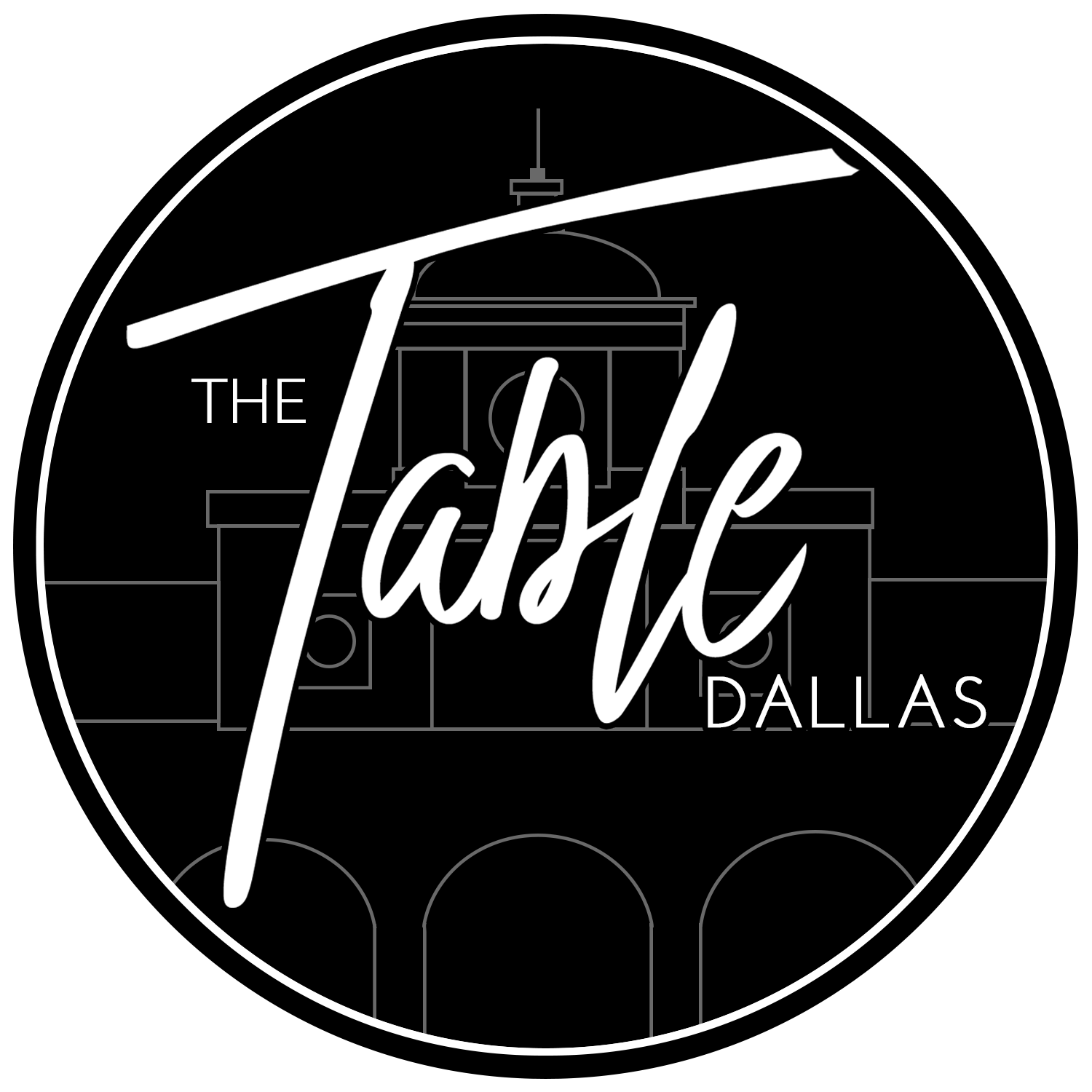The resurrection account in Mark’s gospel begins in the usual fashion: it’s dark on Sunday morning, women come to the tomb with baskets filled with spices to tend the body of Jesus, they are surprised upon arrival to see the stone has been rolled away, an angel gives them the news that Jesus has been raised, and they’re sent back to tell the other disciples the good news.
But then the story, and Mark’s gospel, makes an abrupt 180 degree turn with these concluding words: “Overcome with terror and dread, they fled from the tomb. They said nothing to anyone, because they were afraid.”
What, what? No appearance by Jesus? No joyful celebration? No obedient disciples running in haste to share the exciting news? Their silence is especially surprising when you consider that every time we read in Scripture of an angel starting a speech with the words, “Do not be afraid,” good news ALWAYS follows.
We can sum up the response of the three women in three words: FEAR, FLIGHT and NONCOMPLIANCE. Certainly not words we’re comfortable associating with Easter! Theirs is a fear gone wrong. I doubt that any of us would have responded any differently.
Of course, fear is a part of human experience, and it’s not always a bad thing. We all need a healthy dose of appropriate fear to navigate society. If you’re hiking deep in the forest and you see something quickly slithering through the leaves just a step 壯陽藥
in front of you, you should fear it. If you’re walking alone along a dark street late at night and you sense that you’re being followed, you should feel fear. If I had come to you a dozen or so years ago and asked you to watch my four kids, you should be afraid, very afraid! I’m wondering if we, as a society, are not suffering from our version of fear gone wrong. Rather than responding only to real threats, we are reacting to imagined risks.
CalTech professor Ralph Adolphs notes that modern life is “constantly triggering our fear in all kinds of ways that our natural world didn’t” He goes on to suggest that we have scores of false positives when it comes to fears and that the hyped-up state of our freaked-out-ness is doing something terrible to our souls.
I like what Mike Foster, Founder and Chief Chance Officer at People of the Second Chance has said about the cost to our souls: “God spurs us on to greater possibilities; fear holds us back with imaginary insecurities.”
Here’s what I’ve come to see in my own life. Most of the things I am scared of – public speaking, medium-sized dinner parties, standing with those in grief – are really not that scary. Fear, like the pesky rabbits that attempt to eat every new plant in my back yard, love to multiply. Before I know it, my brain, with a little help from life’s circumstances, has concocted a dozen worst-case scenarios.
